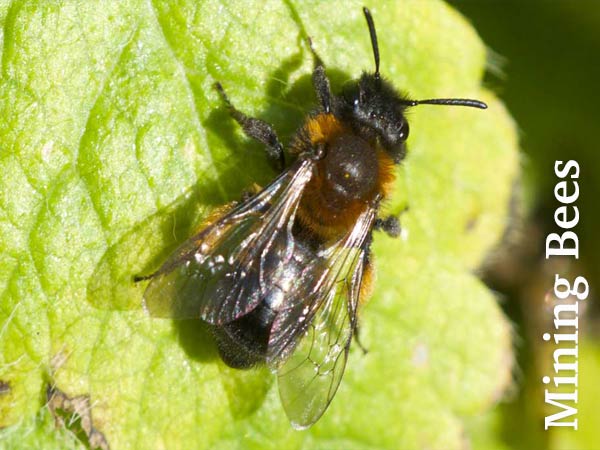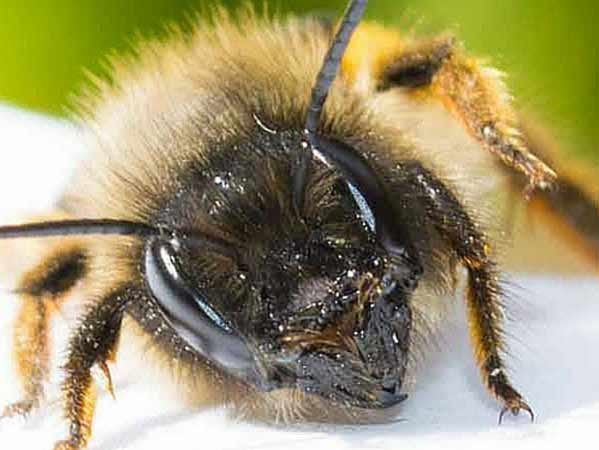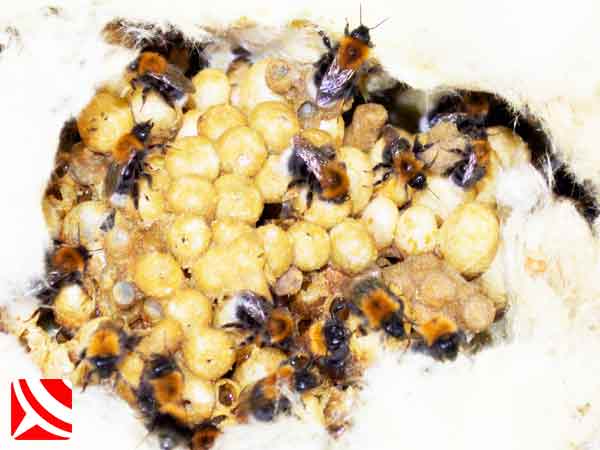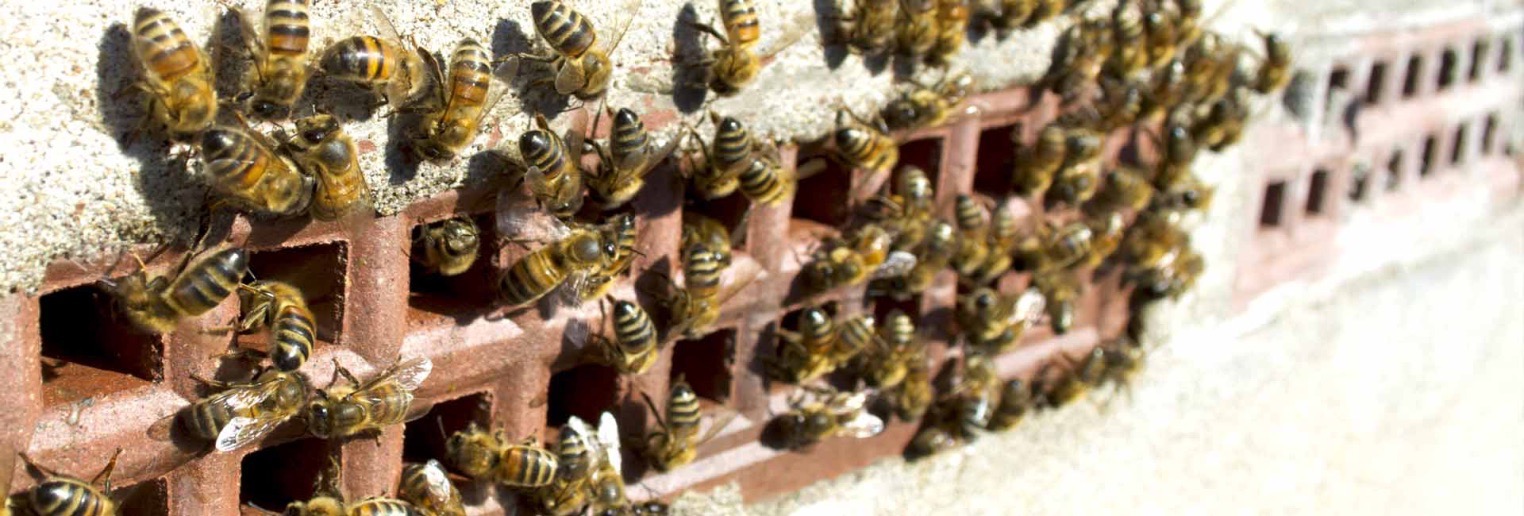
Are UK Honey Bees Protected By Law?
No - but in our opinion, Honey Bee control and removal of bees nests and colonies should be tightly regulated.
Why are some honey bees killed?
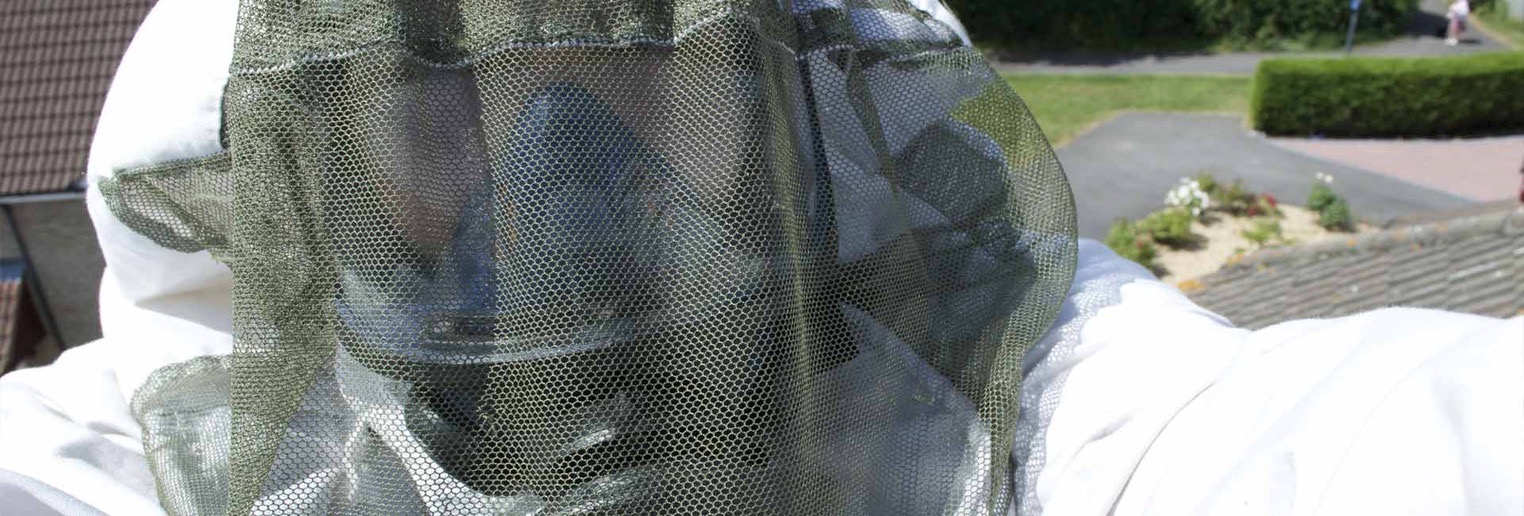
Not everyone loves bees, but no one wants to see bees die unnecessarily. Those who suffer both phobias and Anaphylactic shock from bee stings, including adults and young children, need to be protected. In the vast majority of cases, probably 95%, the bees disembark before we arrive or are collected to be re-homed in hives throughout your local countryside.
We have come to realise, that where we don't control the final 5% safely and sensitively, there are plenty of inappropriate chemicals or pesticides that amateurs can purchase, to kill the bees immediately, or see the bees die over a few of days. This poses a greater risk to others, and often contaminates surrounding hives, causing untold damage to local bee populations.
For us, we must stress that seeing bees die is always a last resort and requires householder consent and written instruction during the inspection visit before we carry out any treatment.
How Dangerous Are Honey Bees?
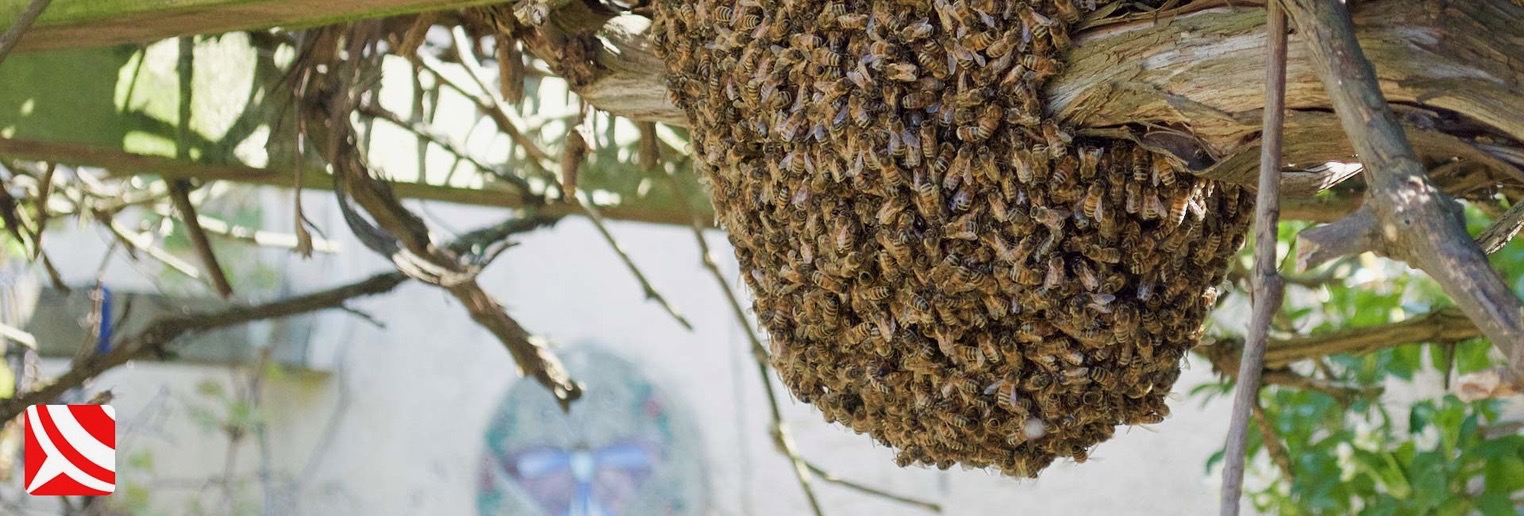
Being equipped with a sting makes angry bees a formidable force of nature. They are often only aggressive when threatened or disturbed. However, you must remember that a compact, settled swarm in a shrub or on a fence post, won't be protecting any brood is unlikely to attack if left alone.
An unsettled, fragmented swarm with lots of frantic activity across a broad area is likely to be more risky. What's needed, is a visit by one of our experts. Very often by the time we get to you, the swarm has flown off.
Are Honey Bee Stings Dangerous?
Honey bee venom is not pleasant, and if you do get stung, it's important to remove the sting by scraping it off with a nail or credit card as soon as possible. We all react differently to stings, and some people can die from a single sting. This is called Anaphylactic Shock.
What should I Do If I Am Stung By a Honey Bee?
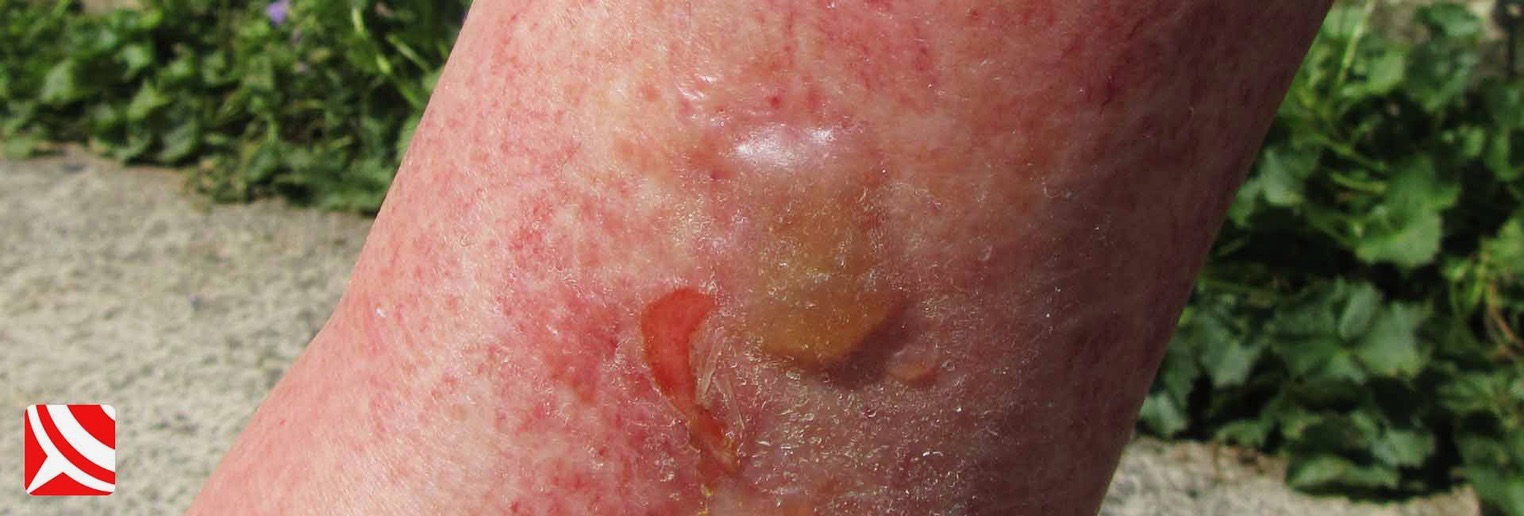
How Many Honey Bees Are In A Swarm?
Most honey bee swarms will contain between 10000 and 30000 bees although swarms with numbers of an estimated 100000 are not unheard of.
Why Do Honey Bees swarm?
Honey bees swarm when a new queen is produced in the hive. One of the first tasks of a new queen is to to kill the old queen! When the old queen realises her days are numbered, she abandons the colony and many of the bees already in the hive go with her, while some remain with the new queen.
Where Do Honey Be Swarms Go?
Honey bee swarms will move from one place to another, while scout bees search frantically for a suitable new home. This might be a hole in a tree or a chimney! The best option is that they are fortunate enough to be intercepted by an experienced bee keeper and re-hived.
What Honey Bees Live In Bristol?
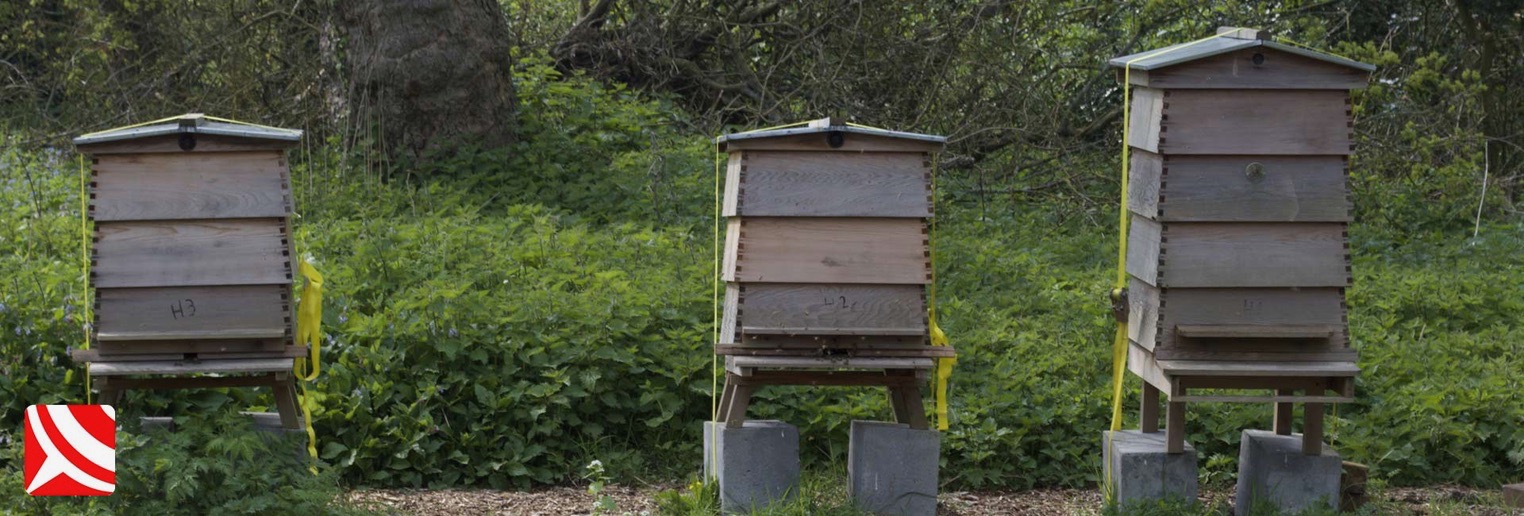
The Dark European Honey Bee – Apis mellifera mellifera
This bee is often referred to as the UK's only living, native Honeybee, making it incredibly important and special. It was believed to have been imported by humans into the UK more than 1500 years ago.
This theory of human importation conflicts with other suggestions that black bees were here long before the land bridge or Doggerland between the UK and the continent finally disapeared beneath the waves around 10000 years ago.
Why Were Bees Imported To The UK?
At the beginning of the twentieth century it was thought that native dark or black bees were in perpetual decline, so the introduction of bees from as far away as Italy and New Zealand were introduced to halt the impending extinction that never came.
The reason behind the potential collapse of bee populations was determined at the time as the "Isle Of White Disease". It prompted a huge government-backed restocking drive between 1906 and 1918.
This theory has since been challenged and black or bees with darker colouration are becoming much more common. By contrast, the lighter coloured italian bees are now becoming scarcer.
Black bees have the advantages of being superb honey producers that are better suited to our climate and are a joy to work with.
Are Honey Bees Really In Decline?
Much as we see today, experts are sometimes at odds with beekeepers and vice versa over how grave or enduring population collapse is.
We have spoken to many beekeepers over the years and one thing is clear. Bee numbers vary massively between locations just a few miles apart. Disparity is rife!
Pest control might not be the first place you would expect to find people interested in the seasons and natures rise and fall, but we see very clearly each year what insects are thriving or declining.
Our businesses depend on our ability to predict what creatures will thrive so we can prepare and market to customers ahead of time.
Honey Bee Decline and Climate in Bristol
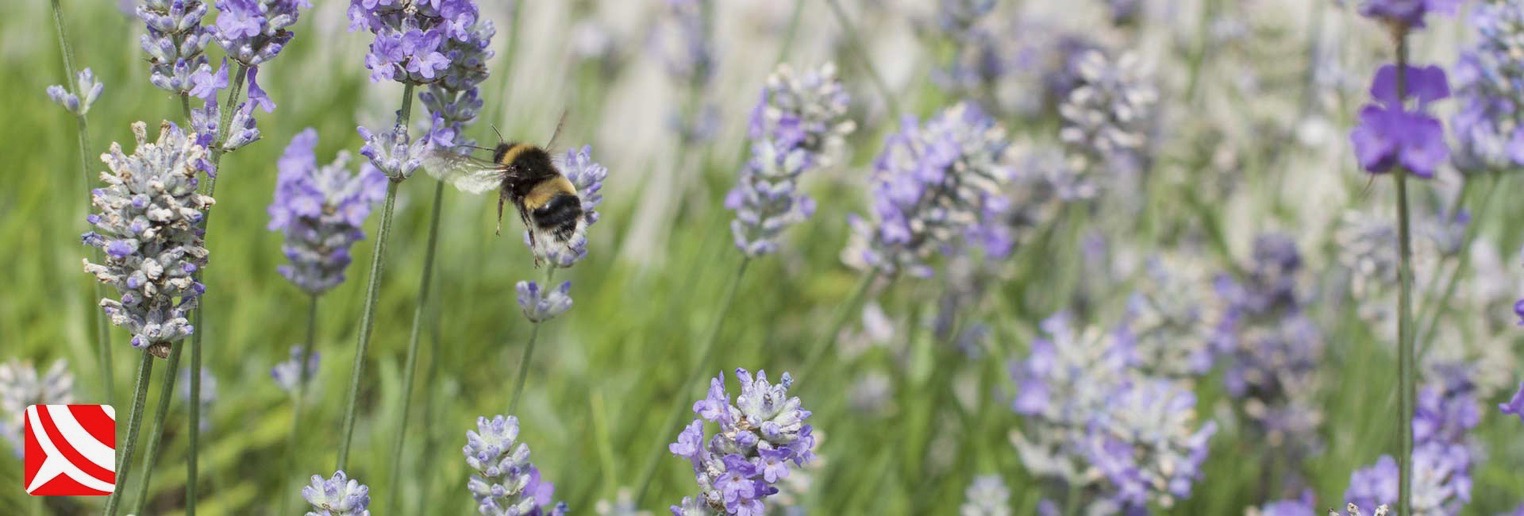
During the period between 2008 and 2013 we noticed a steep decline in many insects due to climate.
2009 delivered (the big freeze), cementing in place a difficult start for insects in 2010. But insects were resilient and we witnessed nature rebounding more quickly than anticipated.
In 2010 Bristol froze under a blanket of snow in late November, seeing the temperature drop 18 degrees to -7C in just nine days. This decimated insects with too little time to hibernate.
2011 was the coldest summer on record. We were hoping that insects would have a chance to bounce back, just as they had the previous year, but insects require warmth to develop at optimum levels and the summer of 2011 never happened!
2012 was the wettest on record. Pouring yet more low temperatures on wildlife that had been hit again and again made 2012 a tougher year for us and for insects.
2013 was the year of the storms! The year started cold which is never great for insects, but honey bees did well in the summer, before facing a stormy autumn and winter.
This is why bees, butterflies and other insects were struggling.
Pesticides, climate change, environmental damage, government policy and asian hornets might be other reasons, but we like to work with what we see and not just what we read.
2014, 2015, 2016, 2017 have all been good recovery years, but 2018 has started with a brief but intense series of winter blasts! Lets hope 2018 still turns out to be a great year for honey bees.



